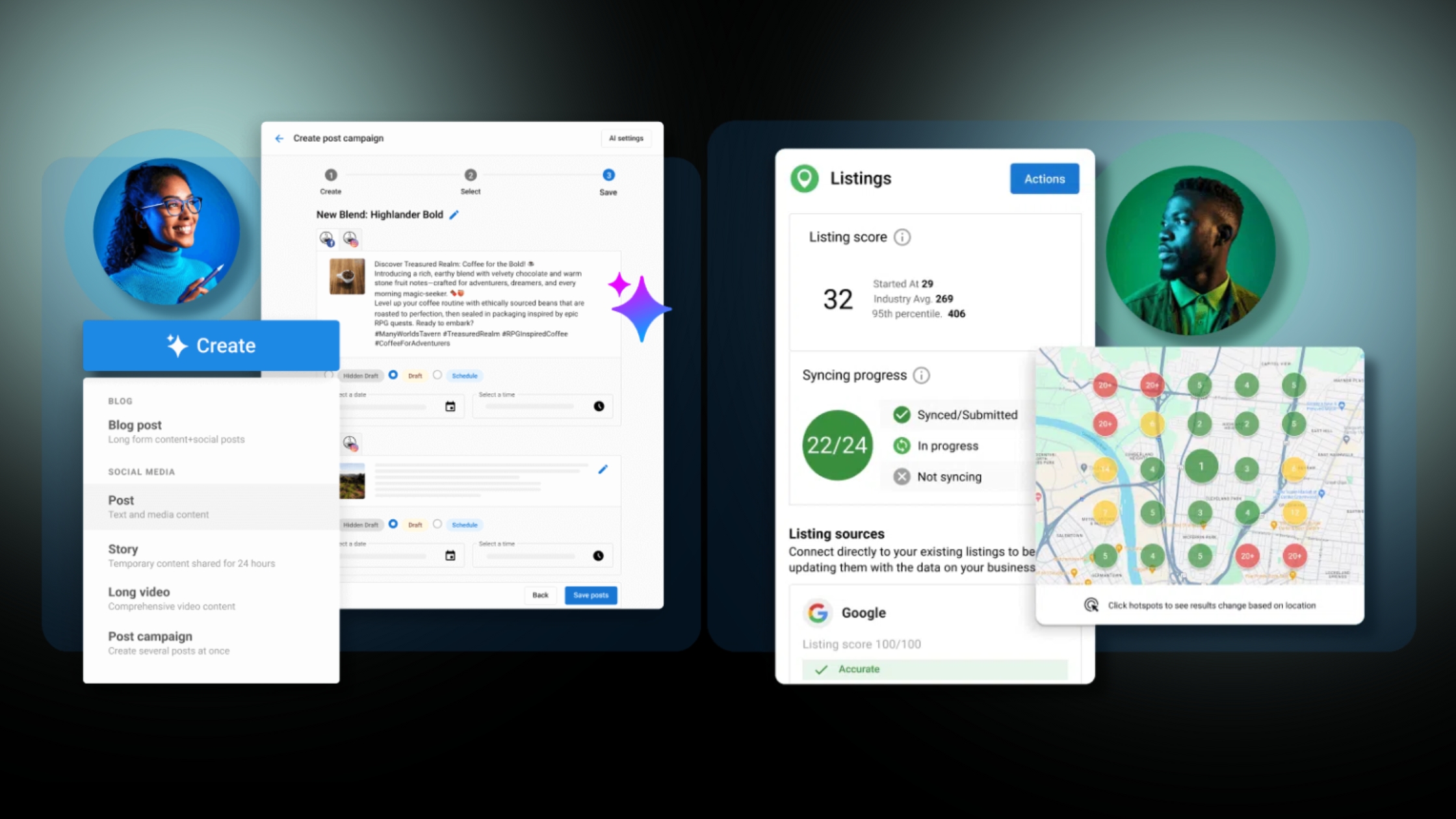Understanding AI-Powered Lead Generation Tools
In the ever-evolving landscape of digital marketing, AI-powered lead generation tools have emerged as transformative assets for businesses seeking to optimize their customer acquisition strategies. These tools leverage artificial intelligence to automate and enhance the process of identifying potential customers, effectively streamlining efforts and increasing efficiency.
AI-powered lead generation tools work by analyzing vast amounts of data to identify patterns and trends that are indicative of potential leads. This involves the use of advanced algorithms and machine learning techniques to process information such as consumer behavior, online interactions, and demographic data. By doing so, businesses can target their marketing efforts more precisely, ensuring that they reach the right audience at the right time.
Key Features of AI Lead Generation
- Data Analysis: AI tools can process and analyze large datasets quickly, providing insights into consumer behavior and preferences.
- Predictive Analytics: These tools offer predictive insights that help in forecasting future customer behaviors, enabling businesses to anticipate needs and tailor their offerings accordingly.
- Automation: By automating repetitive tasks such as data entry and lead scoring, AI tools free up valuable time for sales and marketing teams to focus on strategic activities.
- Personalization: The ability to personalize marketing messages based on consumer data enhances customer engagement and conversion rates.
As businesses continue to embrace digital transformation, the integration of AI-powered lead generation tools stands as a pivotal step towards achieving superior lead generation. Not only do these tools enhance efficiency, but they also provide businesses with a competitive edge by enabling more targeted and effective marketing strategies.
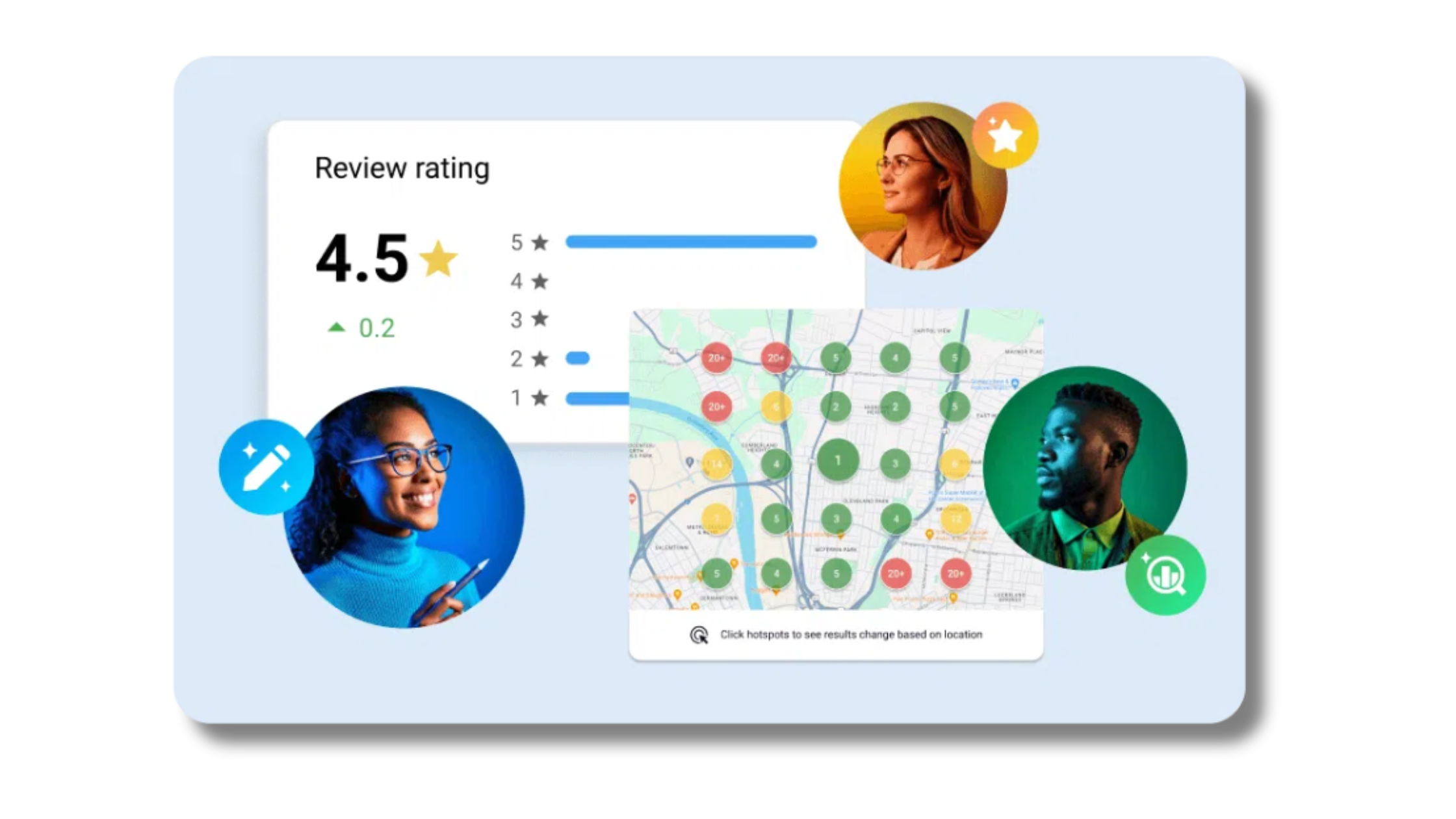
The Role of AI in Enhancing Digital Marketing Strategies
Artificial Intelligence (AI) has revolutionized the landscape of digital marketing, providing businesses with tools that enhance precision, efficiency, and creativity in their marketing strategies. By leveraging AI, businesses can now access a plethora of data-driven insights that were previously unattainable, enabling them to craft highly targeted and personalized marketing campaigns that resonate with their audience.
One of the primary roles of AI in enhancing digital marketing strategies is through automation. AI-powered tools can automate repetitive and time-consuming tasks, such as email marketing, social media posting, and customer segmentation. This not only frees up valuable time for marketers to focus on strategic planning but also ensures consistency and accuracy in these tasks. For example, AI algorithms can analyze customer data to automatically send personalized emails or tailor content to individual preferences, significantly boosting engagement and conversion rates.
Moreover, AI facilitates superior lead generation by analyzing vast amounts of data to identify potential leads that are most likely to convert. AI algorithms can track online behavior patterns, monitor social media activity, and assess various data points to create detailed customer profiles. This information allows marketers to hone in on high-quality leads, enhancing the efficiency of their campaigns.
In addition to these capabilities, AI’s predictive analytics can forecast market trends and consumer behavior, enabling businesses to stay ahead of the curve and make informed decisions. This predictive power is crucial for crafting proactive marketing strategies that anticipate customer needs and align with market dynamics.
Overall, AI’s integration into digital marketing strategies empowers businesses to achieve unparalleled levels of personalization and precision, ultimately driving superior lead generation and fostering long-term customer relationships.
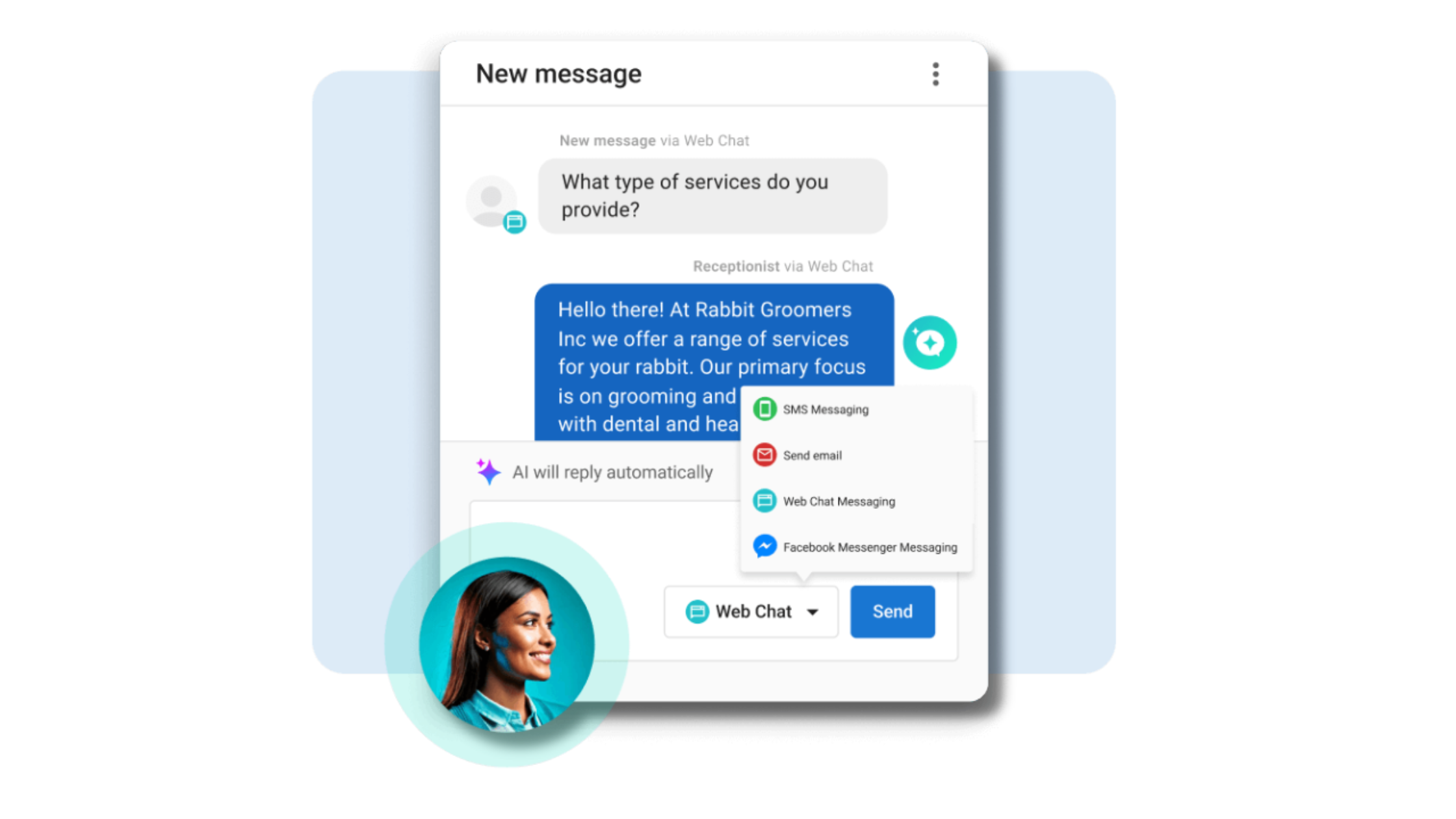
Exploring AI-Assisted Web Chats for Effective Lead Management
In the evolving landscape of digital marketing, AI-powered strategies are emerging as pivotal tools for businesses aiming to optimize their lead generation efforts. Among these strategies, AI-assisted web chats stand out as a groundbreaking solution that merges technological innovation with customer engagement. By integrating these web chats into business websites, companies can effectively turn casual visitors into potential leads.
The primary function of an AI-assisted web chat is to provide instant, personalized interaction with website visitors, mimicking the role of a human representative. This interaction involves answering visitor queries, gathering contact information, and encouraging further engagement with the business. The AI assistant is designed to respond immediately, ensuring that no potential lead slips through the cracks due to delayed responses. This real-time engagement is crucial in today’s fast-paced digital environment where immediate gratification often leads to higher conversion rates.
Enhancing Customer Experience
AI-assisted web chats are tailored to enhance the customer experience by using natural language processing capabilities to communicate in the language preferred by the visitor. This multilingual support not only broadens the reach of businesses but also fosters a more inclusive environment for diverse audiences. Additionally, these chats are customizable, allowing businesses to align the chat interface with their brand identity, thus creating a seamless user experience.
Capturing and Managing Leads
Beyond enhancing user experience, AI-assisted web chats are instrumental in capturing lead information. They are programmed to collect essential contact details, such as names and emails, which are then seamlessly integrated into the business’s CRM system. This automated process not only streamlines lead management but also ensures that businesses can follow up efficiently, converting leads into loyal customers. Moreover, the AI’s ability to update contact information dynamically ensures that businesses always have access to the most current data.
In conclusion, AI-assisted web chats are a powerful component of a modern lead management strategy. They not only improve customer interaction and satisfaction but also significantly enhance the efficiency of lead capture and conversion processes. As businesses continue to seek innovative solutions to stay competitive, embracing AI-assisted web chats will undoubtedly pave the way for superior lead generation outcomes.
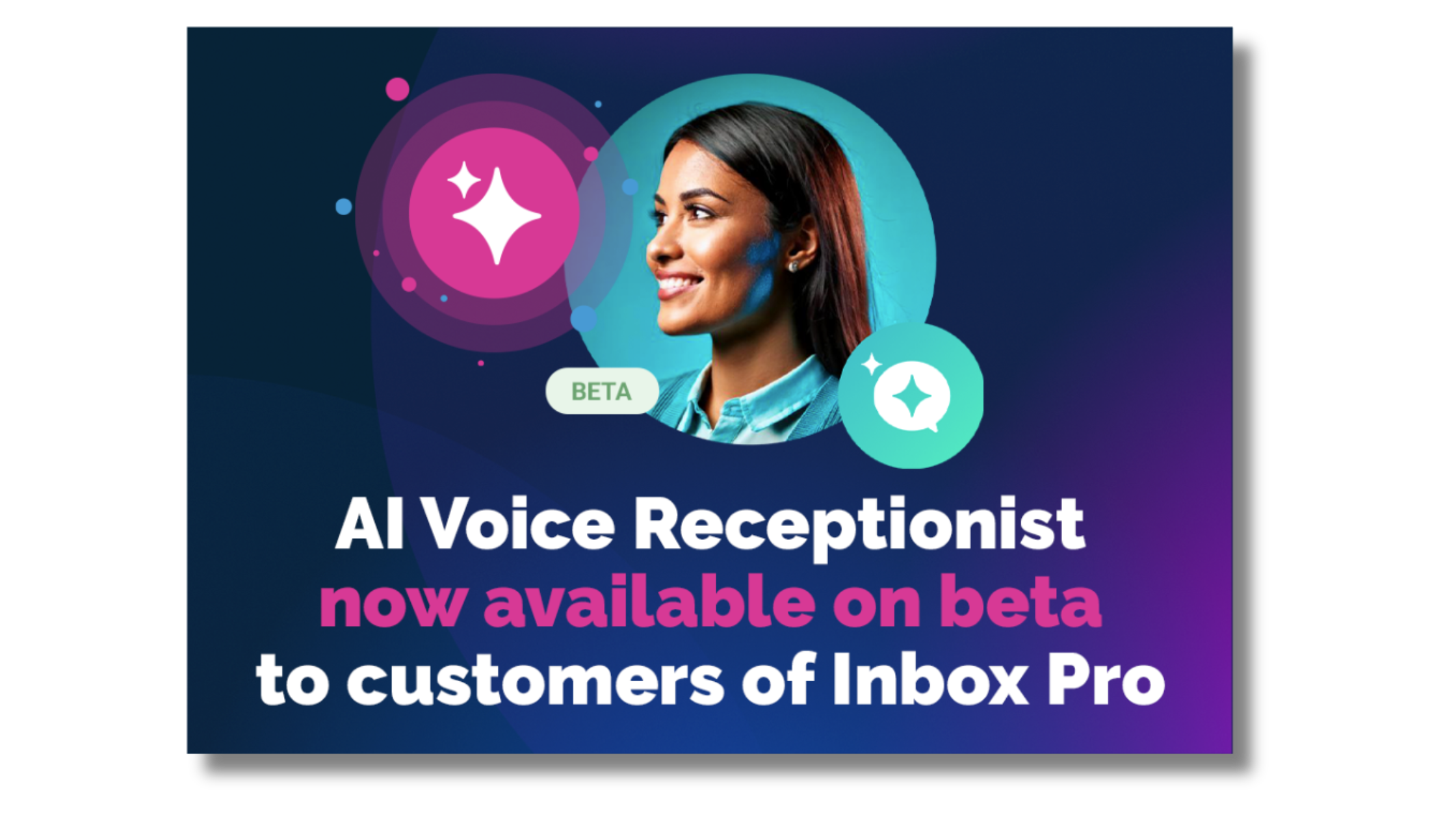
Harnessing AI Voice Receptionists for Superior Customer Interaction
In the ever-evolving landscape of customer interaction, the advent of AI voice receptionists marks a pivotal shift towards more efficient and engaging customer service. These sophisticated AI systems are designed to streamline communication, ensuring that every customer interaction is both seamless and personalized.
AI voice receptionists operate by utilizing advanced natural language processing (NLP) algorithms that allow them to understand and respond to a wide array of customer inquiries. This capability ensures that customers receive accurate and timely responses, enhancing their overall experience. These AI systems are adept at handling inquiries ranging from basic information requests to more complex customer service issues, all while maintaining a polite and professional demeanor.
Benefits of AI Voice Receptionists
- 24/7 Availability: Unlike human receptionists, AI systems provide round-the-clock service, ensuring that customer inquiries are addressed promptly, regardless of the time or day.
- Consistent Service Quality: AI receptionists eliminate the variability in service quality associated with human interactions, offering a consistent and reliable customer experience.
- Cost Efficiency: Businesses can significantly reduce operational costs associated with hiring and training human receptionists, allowing them to allocate resources more effectively.
- Scalability: AI systems can easily handle high volumes of customer interactions, making them ideal for businesses experiencing rapid growth.
By integrating AI voice receptionists into their customer service strategy, businesses can not only enhance customer satisfaction but also streamline operations, ultimately driving superior lead generation and retention. As these technologies continue to evolve, their potential to transform customer interactions and elevate business success becomes increasingly apparent.
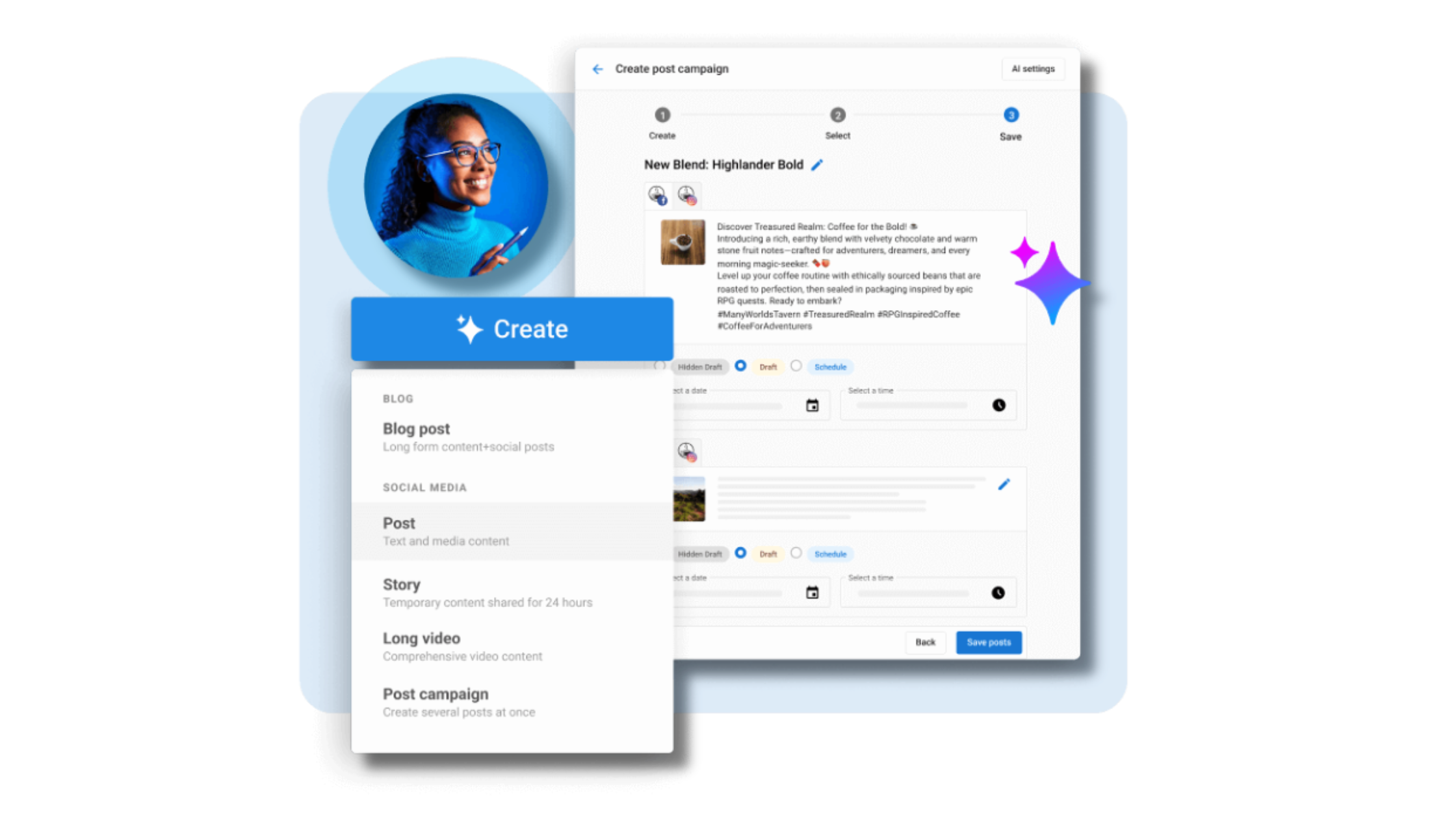
AI Content Creation Assistants Transforming Digital Marketing
The digital marketing landscape is continuously evolving, and one of the most significant breakthroughs in recent years has been the introduction of AI-powered content creation assistants. These innovative tools are transforming how businesses approach content development, enabling marketers to produce high-quality materials with remarkable efficiency and precision. By leveraging artificial intelligence, companies can now generate engaging content that resonates with their target audience, streamline their workflow, and enhance their overall digital marketing strategies.
At the core of this transformation is the ability of AI assistants to analyze vast amounts of data swiftly and accurately. This capability allows these tools to identify trending topics, forecast audience preferences, and tailor content to meet the specific needs of consumer segments. As a result, businesses can create highly personalized marketing materials that speak directly to their audience, improving engagement and conversion rates.
Moreover, AI content creation tools automate routine tasks such as editing, proofreading, and even optimizing content for search engines, freeing up valuable time for marketers to focus on strategic planning and creative pursuits. By integrating AI into their content strategies, businesses not only enhance productivity but also ensure that their marketing efforts are aligned with the latest trends and consumer expectations.
In essence, AI-powered content creation assistants are not merely a technological advancement; they represent a paradigm shift in digital marketing. By embracing these tools, companies can stay ahead of the competition, optimize their content strategies, and drive superior lead generation in an increasingly digital world.
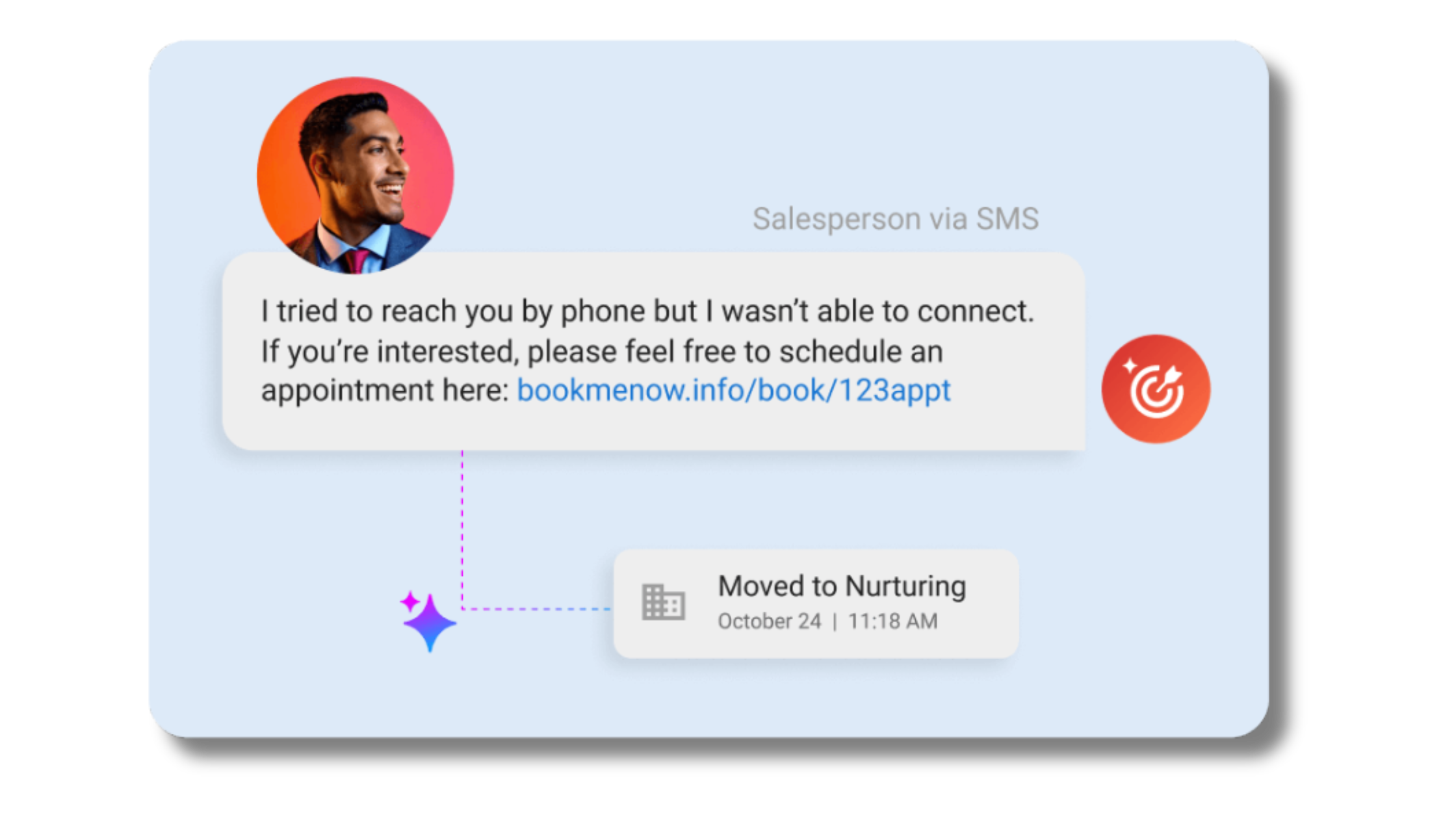
Integrating AI Business Tools for Optimized Lead Management
In the rapidly evolving digital landscape, businesses are constantly seeking innovative solutions to streamline operations and enhance efficiency. Among the myriad of technological advancements, AI business tools have emerged as a transformative force, revolutionizing lead management processes. By harnessing the power of artificial intelligence, companies can not only capture more leads but also significantly improve the quality of those leads, paving the way for superior customer engagement and conversion.
AI tools integrate seamlessly with existing platforms, enhancing the ability to track, manage, and nurture leads through every stage of the sales funnel. These tools employ sophisticated algorithms to analyze vast amounts of data, identifying patterns that human eyes might overlook. This analytical prowess enables businesses to predict customer behavior, personalize marketing strategies, and ultimately, increase conversion rates.
One standout feature of AI-powered lead management is its capability to automate repetitive tasks, freeing up valuable time for sales teams to focus on building meaningful client relationships. With AI, businesses can automate everything from initial contact with a potential lead, to scheduling follow-ups, and even sending personalized messages or offers through email or SMS. This level of automation not only enhances efficiency but also ensures that no lead is neglected.
Moreover, AI tools can help in segmenting leads based on various parameters such as demographics, buying behavior, and engagement levels. This segmentation allows businesses to tailor their marketing efforts, delivering targeted content that resonates with specific audience segments, thus enhancing lead quality and conversion chances.
Integrating AI business tools into lead management systems is not merely a trend but a strategic move that yields tangible benefits. By leveraging AI, businesses can create a more agile, responsive, and efficient lead management process, ensuring they stay ahead in an increasingly competitive market.
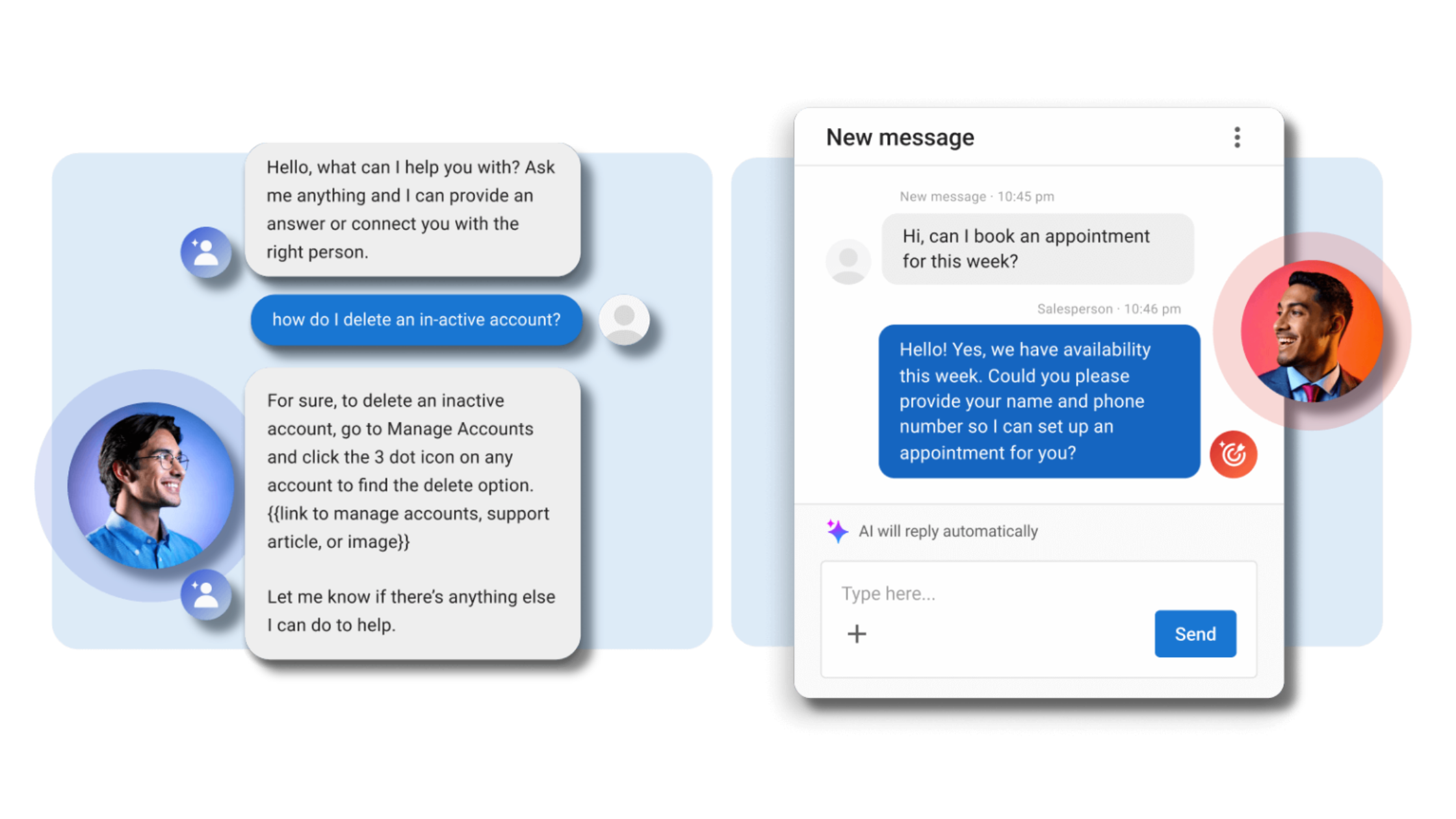
Future Prospects of AI in Digital Marketing and Lead Generation
In the ever-evolving landscape of digital marketing, the integration of Artificial Intelligence (AI) is not just a trend but a transformative force reshaping the industry. The future prospects of AI in digital marketing, particularly in lead generation, are both exciting and expansive, promising to redefine how businesses connect with potential customers.
AI’s capabilities in data processing, pattern recognition, and predictive analytics are already paving the way for more precise and efficient marketing strategies. By analyzing vast amounts of consumer data, AI can identify patterns and predict future behaviors, allowing businesses to target their marketing efforts with unprecedented accuracy. This leads to more personalized marketing campaigns that resonate with individual customers, thereby increasing the likelihood of converting leads into loyal customers.
Enhanced Customer Interactions
AI-powered chatbots and virtual assistants are revolutionizing customer interactions. These tools offer 24/7 customer support, providing instant responses to inquiries and guiding potential leads through the sales funnel. By ensuring that customer queries are handled efficiently and effectively, businesses can significantly boost their lead conversion rates.
Automated Campaigns and Insights
AI also automates the creation and management of marketing campaigns, freeing marketers from time-consuming tasks and allowing them to focus on strategy and creative direction. Furthermore, AI-driven insights offer a deeper understanding of customer preferences and market trends, enabling businesses to adapt their strategies swiftly and stay ahead of the competition.
As AI technology continues to advance, its role in digital marketing and lead generation will only grow more pivotal. By leveraging AI, businesses can not only enhance their marketing efficiency but also create more engaging and personalized experiences for their customers. This promises a future where marketing is not just about selling products but about building lasting customer relationships through meaningful interactions.
